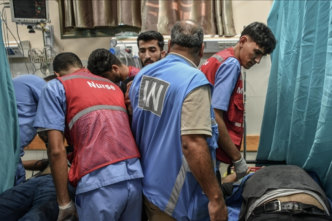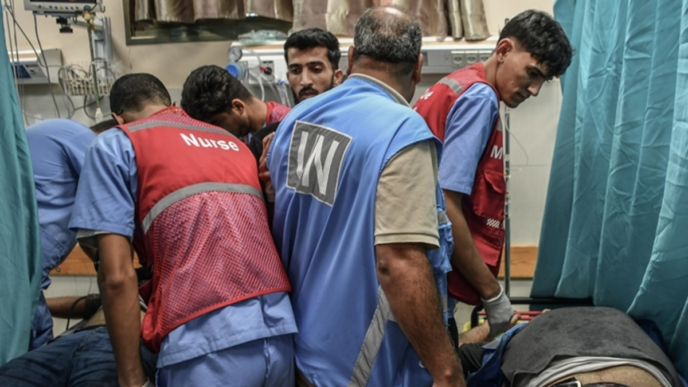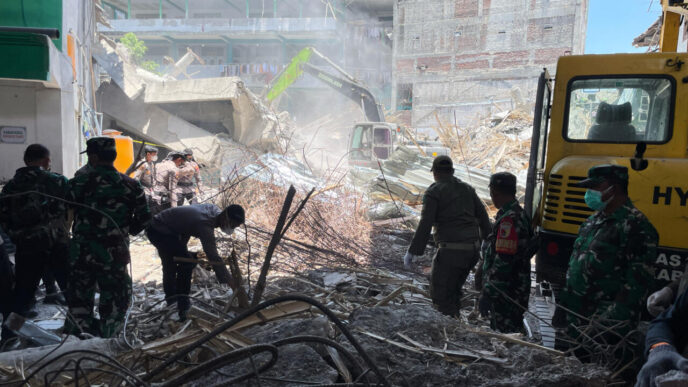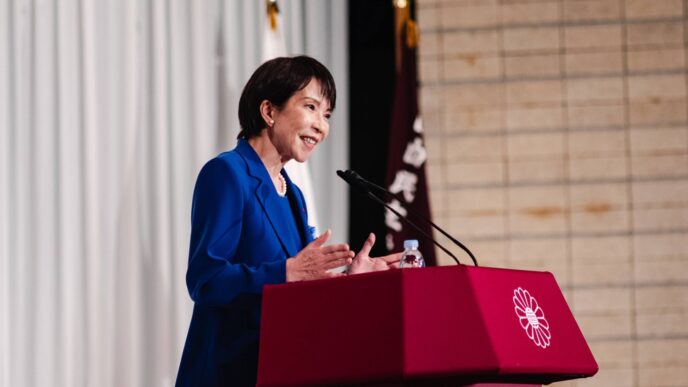The Canadian city of Moose Jaw, located in Saskatchewan Province, has announced a new list of priority job categories under its Rural and Northern Immigration Pilot (RNIP), aimed at attracting skilled foreign workers to address labour shortages and support local economic growth.
According to the city’s latest update, the roles now open for international recruitment include positions in healthcare, construction, hospitality, manufacturing, transportation, and information technology.
The programme allows eligible foreign nationals to obtain permanent residency in Canada by securing employment with designated local employers in participating communities.
Moose Jaw officials said the selection reflects sectors where demand for skilled labour continues to outstrip local supply. With a population of just over 34,000, the city has struggled to fill critical positions — particularly in nursing, care services, food processing, and logistics — despite national job growth.
Tim McLeod, Mayor of Moose Jaw, said the revised priority list forms part of efforts to strengthen the local economy and foster diversity.
“This programme isn’t just about filling jobs; it’s about building communities. Moose Jaw welcomes newcomers who bring their skills, families, and aspirations to contribute to our city’s future,” McLeod said.

Under the RNIP framework, approved by Canada’s federal government in 2019, participating communities such as Moose Jaw partner with local employers to identify workforce gaps and recommend eligible candidates for permanent residency.
Applicants must have a valid job offer, relevant work experience, and meet language and settlement requirements.
The updated list of eligible positions includes truck drivers, welders, electricians, healthcare aides, software developers, cooks, and construction supervisors, among others.
The programme also gives preference to applicants with prior Canadian experience or those who have studied in Canada.
Moose Jaw’s Economic Development Office said the city received a “record number of applications” in 2024, reflecting rising global interest in smaller Canadian communities offering a lower cost of living and better work-life balance compared with major cities like Toronto and Vancouver.
“Our goal is to ensure long-term retention,” explained Sarah Ferguson, Director of Economic Development. “We’re pairing new arrivals with settlement services, housing support, and community mentors to help them integrate successfully.”
Analysts view the move as a reflection of Canada’s broader immigration strategy, which targets smaller cities and rural regions to spread economic growth more evenly across the country.
Immigration, Refugees and Citizenship Canada (IRCC) recently reaffirmed its commitment to attracting over 465,000 new permanent residents annually, with rural and northern communities expected to play a key role in meeting that target.


 Trending
Trending 











